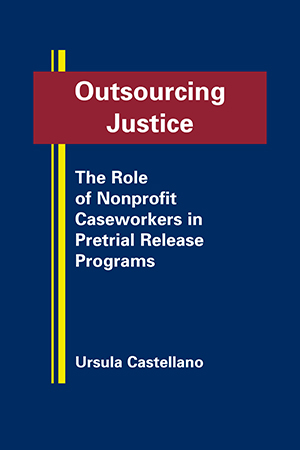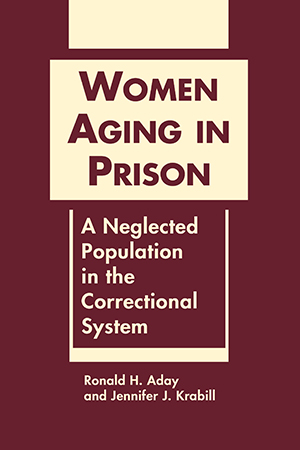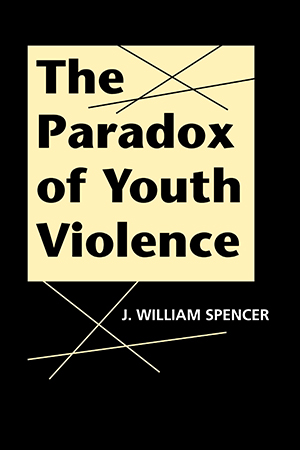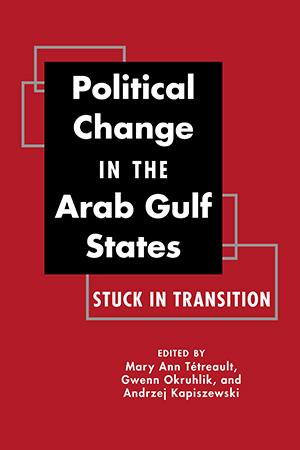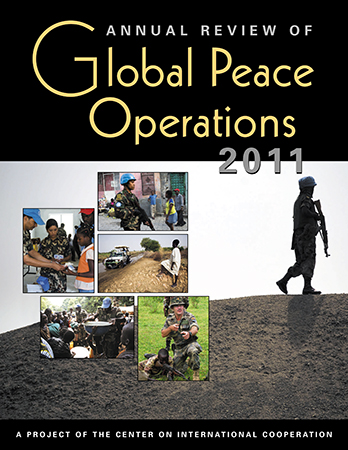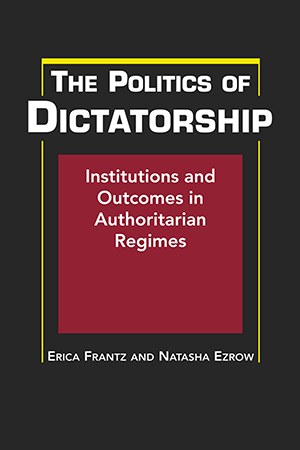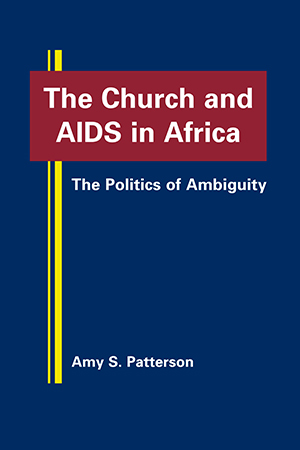BOOKS
Do pretrial release programs, initiated and now operated by a range of nonprofit organizations to redress the inequalities of the bail system, affect the administration of justice? More >
Ronald Aday and Jennifer Krabill offer a complete picture of the experience of older women prisoners and the distinct challenges these women present for correctional institutions. The More >
Winner of the Midwest Sociological Society Distinguished Book Award, 2013! Is a teenage violent offender a dangerous predator—or a vulnerable innocent that we should rescue from a More >
A person may be legally blind, yet not "blind enough" to qualify for social services. Beth Omansky explores the lives of legally blind people to show how society responds to those More >
Although reform movements have been prominent in varying degrees in most Middle Eastern countries for some time, the recent cascade of events has generated new pressures for democratization More >
When does cutting corners in pursuit of corporate profit become a crime? When should the misdeeds of government officials warrant a prison sentence? This lucid introduction to the More >
Unique in its breadth of coverage, the Annual Review of Global Peace Operations presents the most detailed collection of data on peace operations—those launched by the UN, by regional More >
In considering the nature and future prospects of the current wave of democracies in Latin America, analysis has shifted from a concern with regime change, transitions, and consolidation More >
In comparison to democratic political systems, we know very little about how dictatorships work. Who are the key political actors? Where does the locus of power rest? What determines More >
Situating her analysis squarely within the context of debates about the role of religion in African politics and society, Amy Patterson systematically analyzes the efforts (and sometimes More >



